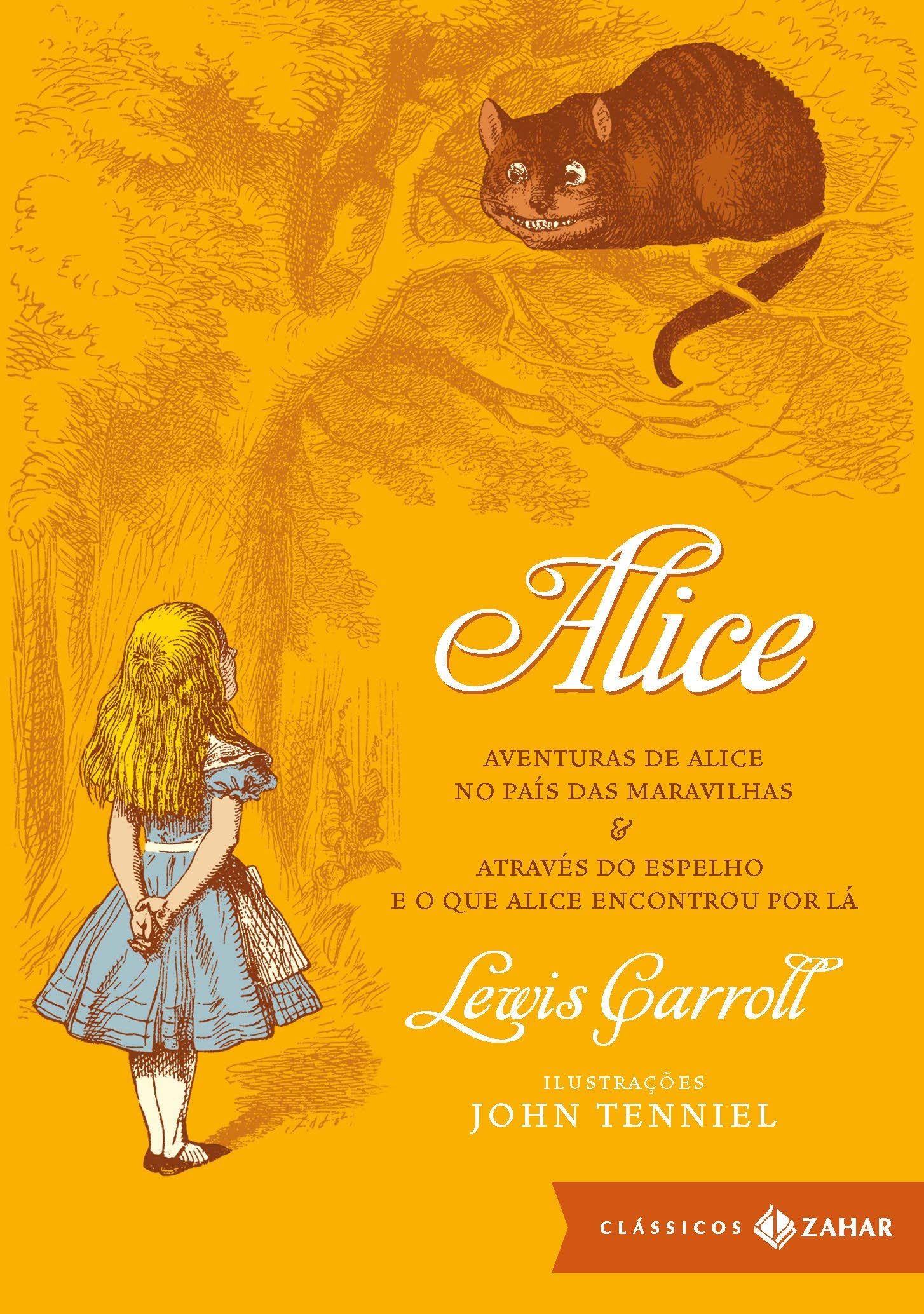
I humbly admit that I would have missed it if not gone snooping here or there.Daniëlle Wierenga I think the most important way to think about this novel is in a post-colonial context. What if Antoinette was Rochester's Hidden Woman? What if Wide Sargasso Sea was the prologue to Charlotte Bronte's Jane Eyre? I humbly admit that I would have missed it if not gone snooping here or there. What difference can their eyes be between white and black negroes? Jean Rhys relates.Īnd, of course, this novel has another facet. White representatives of English colonialism despise these white Creoles. Despite or because of the magnificence of the landscapes and the islands' beauty, some vis-à-vis others' frustration quickly reaches a deleterious paroxysm.

This novel is fierce, the atmosphere suffocating, I would even say choking. Cohabitation quickly becomes unbearable alcohol flows freely the couple's tension turns to confrontation, and she leaves Jamaica for England.

Rumors run here and there, madness, like his mother, ready to abandon herself in the arms of the firstcomer. She falls in love with him, but satisfied to have made an excellent financial transaction by marrying her, he will quickly take a grip on her. However, she only leaves boarding school to be "sold" to an English gentleman. Cradled in the culture of the black community of Jamaica, Antoinette, following her mother's illness, is put in a boarding school with nuns. Like her, she is the daughter of an Englishman married to a white Creole.

His life undoubtedly inspired Jean Rhys to create the character of Antoinette. Rewarded by the Royal Society Literature Award, this novel highlighted an author who remained in the shadows.

The Wide Sargasso Sea is a novel by Jean Rhys, published in 1966 at age 76.


 0 kommentar(er)
0 kommentar(er)
